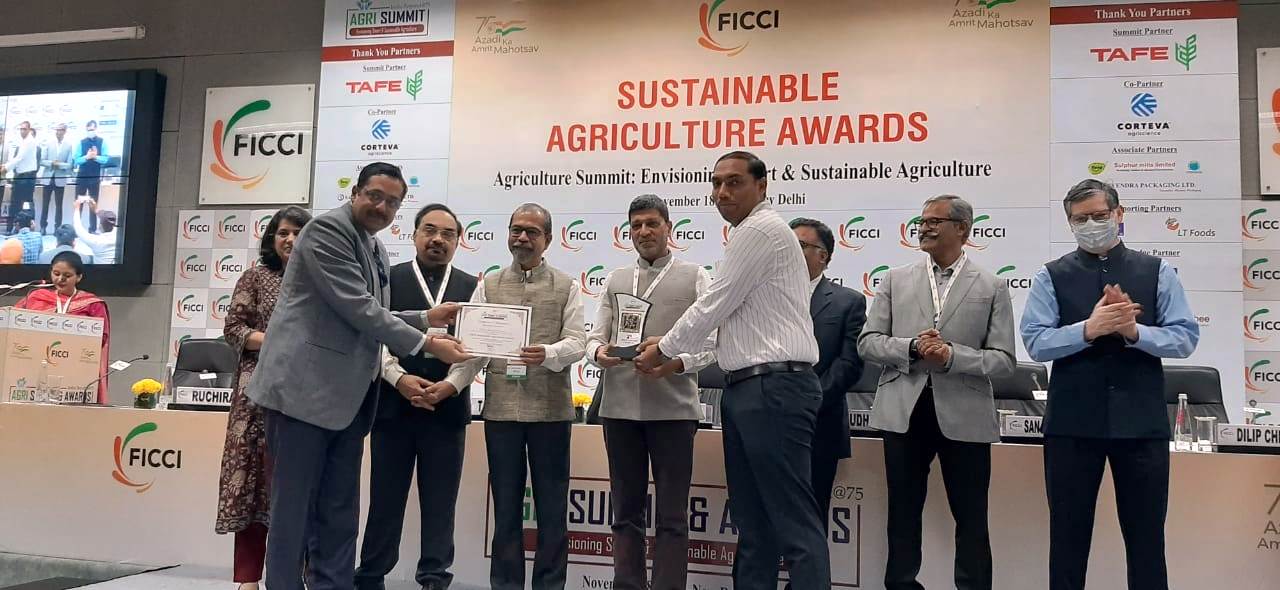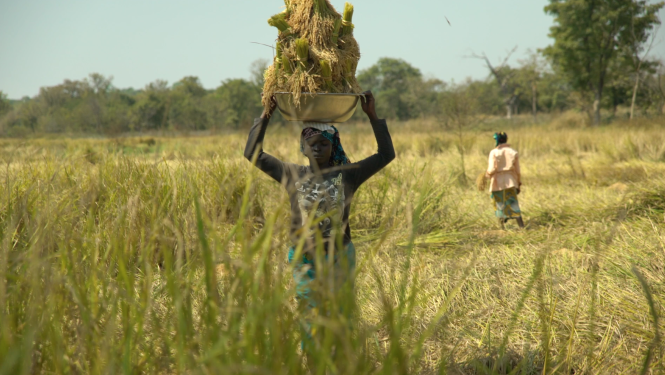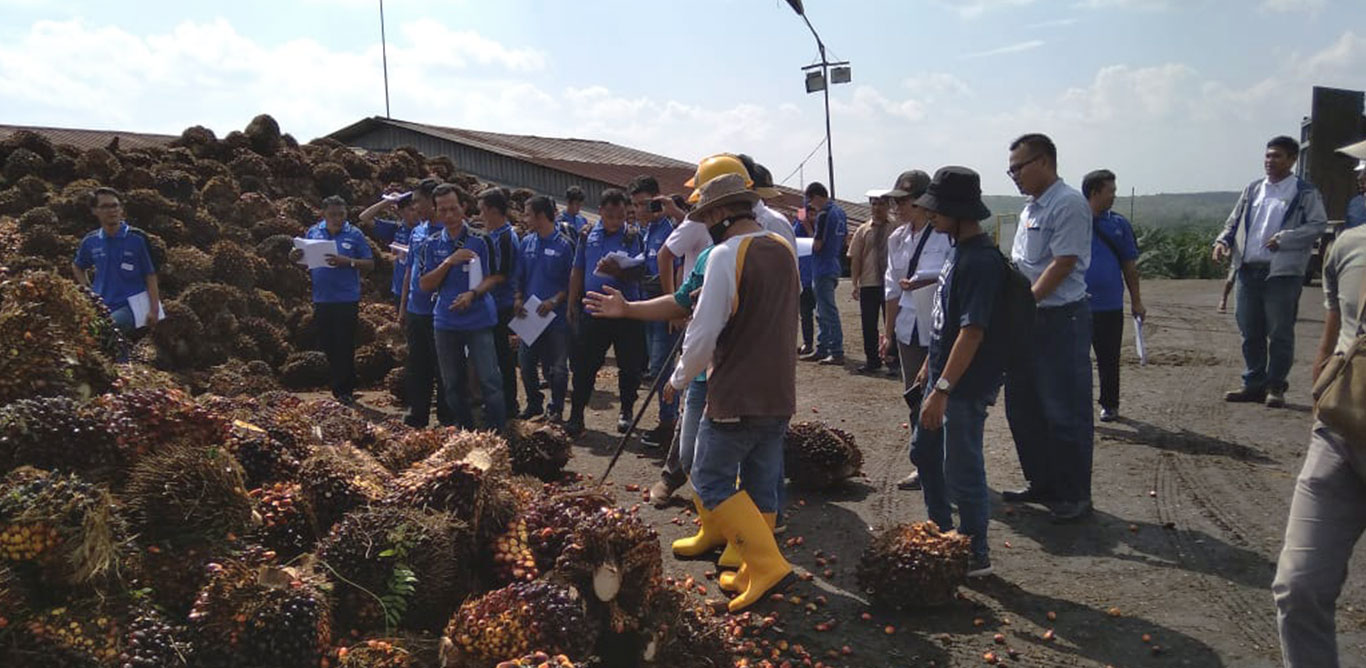Our work
Working in partnership with PUR Projet, the Foundation aimed to help disadvantaged farmers be fully self-sufficient by providing new sources of income and developing sustainable solutions. We did so through agroforestry, rice ducking (whereby ducklings are released into irrigated rice paddies to oxygenate the water, nourish the soil and eat snails and weeds) and combining small cattle breeding and farming. Emphasis was put on farmers’ training to create the right conditions for community empowerment and self-reliance, and a “duck bank”, based on payments and reimbursements in kind of rice ducking, was also set up.
Key Impacts
The program allowed for the transition towards sustainable micro-farming with low environmental impact and significant yield improvement, which contributed to local communities’ empowerment. Agroforestry mitigated the main adverse effects (floods and drought) of climate change. Poor farming families increased their rice yield and income without relying on purchased inputs, with savings or income increases in the region of 20-30%.
About our partner

A social business present across 40 countries, PUR Projet works with companies to regenerate the ecosystems they depend upon, while empowering local communities and encouraging local entrepreneurial initiatives.
Project duration
2013-2017
I plant trees because I’m aware of global warming and the impact on rice culture. I don’t have enough land, but by planting trees in the rice plantation I have both my fields and a forest around them. We can also use trees for building houses. And because they are valuable, our children can inherit the trees.
Pakpoom Surin



